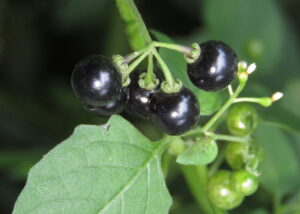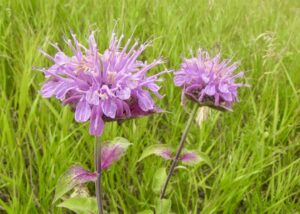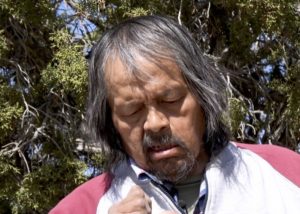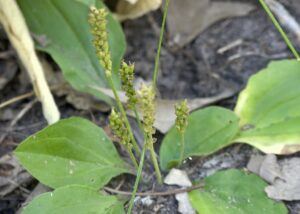Habitat
DesertPlant Uses
Lineament for aching joints and sore muscles., pounded roots used as shampoo and dandruff treatment, weavingVideo Presenter
Arnold CliffordBailey’s Yucca
Bailey’s Yucca (Yucca baileyi) has many, many uses and belongs to a group of plants, all referred to as yuccas. All yuccas have a multiplicity of functions for humans including colored dye, fiber for baskets and sandals, edible fruits and treatment for arthritis.
Many tribal names refer to the ability of the roots, when pounded, to release soapy substances called saponins. Indigenous names like soapweed or soaproot refer to the most common use for yucca roots from Mexico to Canada as solvents mixed with water for body wash soap, shampoo or cleaners for tools and ceremonial objects. Indigenous knowledge recognized subtle differences in species. One species may work well as a shampoo while another will irritate the scalp. Some treat dandruff, others do not. Some have flower petals and fruits that are edible, while others have been reported to cause vomiting.
In modern veterinary medicine granulated yucca roots are used to treat arthritis in domestic animals such as sheep and goats. Humans also claim relief from arthritis pain with yucca root and the lineament is applied to aching joints, sore muscles and sprains.
80 million tons of yucca were harvested during WWI to make burlap!
The small species resemble a large pin cushion, 16 inches tall with all the pins pointing out. The larger species look like spiky tress with thick branches.






